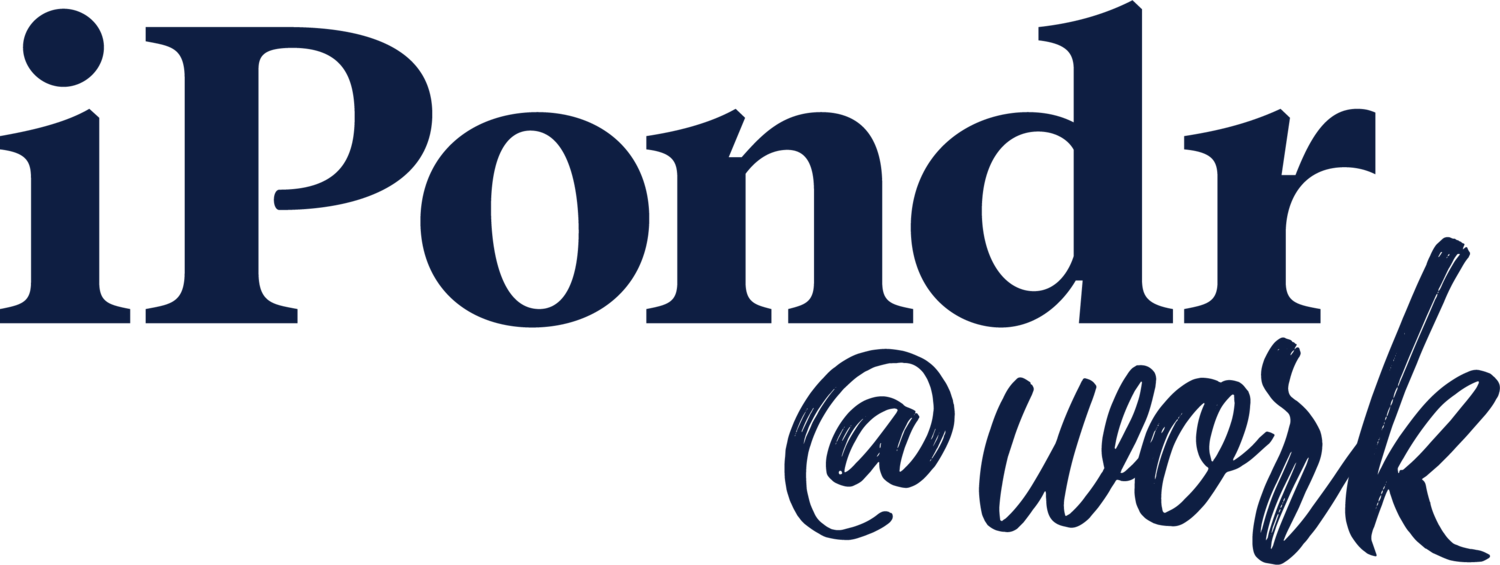Pause and pondr
IS EMPATHY THE KEY TO DEI?
Forbes Magazine has called Empathy THE most important leadership skill. Connected to positive results in the workplace, empathy can be improved simply by regular practice. Getting exposure to other people’s life experiences increases empathy skills, AND shapes a better workplace. Let’s get started.
DID YOU KNOW?
A survey of nearly 900 employees found that 76% of people who experienced empathy from their leaders were more engaged, which led to stronger employee retention. Source: Catalyst
WHAT YOU’LL LEARN
Explain the shift in organizations towards quality diversity, equity, and inclusion learning.
Relate some of the benefits from DEI efforts to your own workplace.
Why do quality DEI efforts matter in the workplace?
More organizations are recognizing the importance of diversity, equity and inclusion (DEI) in relation to their desire for a strong, healthy workplace culture. There is a direct correlation between DEI done well and a company’s performance.
Research shows diverse teams outperform less diverse teams. McKinsey & Co’s 2019 research quantified the result of diversity. Companies in the top quartile that had ethnically and culturally diverse management teams were 36% more likely to have above-average profitability than companies in the bottom quartile. When measuring for gender diversity, those companies with diverse executive teams were 25% more likely to have above-average profitability.
Research also shows that diversity drives creativity, innovation, overall workplace happiness, and well-being. For example, businesses run by culturally diverse leadership teams, in a so-called “diversity bonus” were more likely to develop new product innovations than homogenous ones. Bear in mind, diversity means people from a wide variety of backgrounds are represented, including groups that have previously been in the majority. An all-Asian or all-African American group would have gaps in diversity, just as an all male or all white group would.
How empathy makes DEI learning 'stick
Many well-intended DEI efforts are not supported by research, science or evidence that points to effectiveness or learning. iPondr@Work infuses empathy as a building block within diversity, equity and inclusion learning. A Covid-era study done by the global nonprofit Catalyst surveyed nearly 900 employees and found that 76% of people who experienced empathy from their leaders were more engaged. Empathy was also connected to stronger employee retention.
How is empathy fostered? Through compelling human stories that put you in someone else’s shoes, giving you the chance to practice seeing things from a new perspective.
iPondr@Work learning is an inspired journey through a wide range of dynamic, authentic human experience stories, told by the real people who “live it”. Insights from leading experts, and the up close stories of everyday Americans foster new considerations, self-reflections and learnings. Long training sessions fatigue the learner, have a high degree of learning loss and, we find, may inadvertently lead to backlash. iPondr@Work provides short bursts of learning in rich media, with thoughtful questions to promote reflection and learning. iPondr@Work learning is created to be effective, efficient and, through technology, scalable.
Census data shows our world continues to become more diverse. As society becomes more diverse, so do our workplaces. What that means is that women and diverse workers are increasingly our customers, our leaders and our workforce. These are also groups who have faced challenges in being authentically accepted in the workplace. They have also faced real stigma in society. Practicing empathy can actually help people overcome preconceived ideas about others. Research has shown that when people are empathetic toward a member of a stigmatized group, they have more positive attitudes toward that group as a whole. The truth is, we can learn to get along better.
Quality DEI practices encourage a culture of innovation, collaboration, and belonging, leading to success for the enterprise. Science shows that the more inclusive a workplace is, the happier and more productive employees are. In one study, 81% of employees who indicated that their company had an inclusive culture reported they were happy at their jobs. Studies also show that inclusive environments promote healthier and more engaged workers.
Where do we start?
Many people think they have to have special preparation or “be ready” to engage with DEI. Not true. Humans have natural curiosity and an innate desire to learn. If you have read to this point, you have already begun. Congratulations! Keep learning! iPondr@Work is here to make workplace culture learning effective, efficient, and, through data-driven insights, accountable.
Pondr This
Do you think about diversity in your daily life? When you do, are the associations positive or negative?
What types of diversity exist in your workplace?
If there were a greater range of people in your workplace, how might that affect you and your work experience?
FOR LEADERS
Do you notice changes in how diversity in the workplace is discussed and elevated? What is the role you could play in fostering a more diverse workplace?
How does your organization conceive of diversity, equity, and inclusion? What efforts are effective? What do you think could be improved?
Think about your own experience in the workplace: What environments have created a feeling of belonging?
Under what circumstances have you felt comfortable expressing alternative or dissenting opinions or positions? How do you envision implementing conditions where colleagues and co-workers are comfortable to express alternative points of view?
Explore The Stories
Empathy in the workplace: A toolkit
How companies win by leading with empathy
RACe, health and empathy
IS EMPATHY THE KEY TO DEI?
Topic in Review
Now that you’ve seen how empathy and the principles of Diversity, Equity and Inclusion can help teams and organizations succeed, we invite you to begin your iPondr@Work journey.
Continue Your Journey
iPondr@Work’s science-based learning leverages studies on how we learn and develop empathy toward others. Explore some of the research below:
McKinsey & Co.: How Diversity, Equity and Inclusion Matter
Forbes: Empathy Is The Most Important Leadership Skill According To Research
Boston Consulting Group: Inclusive Cultures Have Healthier and Happier Workers







